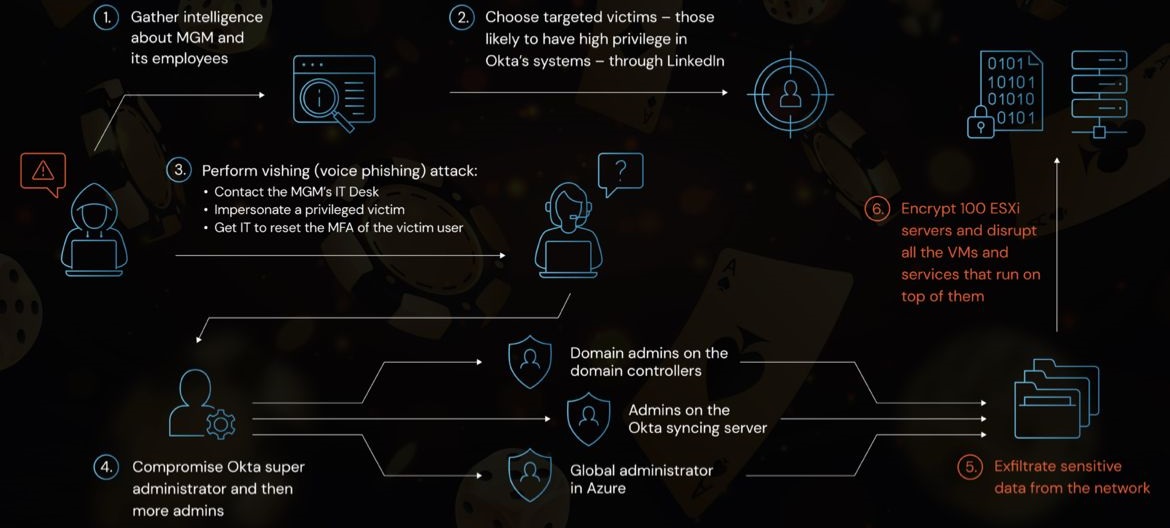
In the realm of illicit drugs, few have proven as devastating and lethal as fentanyl. As a synthetic opioid that is exponentially more potent than heroin, fentanyl has caused a staggering number of overdose deaths across the globe. In recent years, law enforcement agencies have intensified their efforts to apprehend the key players in the illicit fentanyl trade.
However, what if the so-called "Fentanyl King" was never caught? Let us explore the potential consequences of such a scenario.
To comprehend the potential impact, it is crucial to understand the role of the "Fentanyl King" in the illicit drug market. This individual, often at the top of a vast distribution network, possesses immense power and control over the production, transportation, and sale of fentanyl.
Their arrest and subsequent dismantling of their operation could significantly disrupt the availability and flow of the drug, potentially saving lives.
Continued Flourishing of the Illicit Fentanyl Market
If the "Fentanyl King" remains at large, the consequences could be dire. First and foremost, the illicit fentanyl market would continue to flourish unabated. With a steady supply, the drug would remain easily accessible, exacerbating the ongoing opioid crisis and leading to an increase in overdose deaths. The absence of a high-profile arrest could also dampen the deterrence effect that law enforcement efforts have on potential drug traffickers, emboldening them to expand their operations.
Blow to Law Enforcement Efforts
From a law enforcement perspective, the failure to capture the "Fentanyl King" would be a significant blow. It would signal the inability of authorities to effectively combat the fentanyl trade, potentially eroding public trust in law enforcement agencies. Moreover, the lack of a high-profile arrest could hinder the allocation of resources and funding necessary to tackle the opioid crisis. This could further strain an already overwhelmed healthcare system, impeding efforts to provide treatment and support to those affected by addiction.
Public Health Implications
Public health would undoubtedly suffer if the "Fentanyl King" continued to operate freely. The drug's potency and widespread availability would contribute to a sharp increase in overdose deaths, straining emergency medical services and placing a heavy burden on communities. Hospitals and addiction treatment centers would face overwhelming demand, potentially leading to inadequate care and stretched resources. The ripple effects would extend beyond the individuals directly impacted by addiction, negatively affecting families, friends, and communities as a whole.
Societal Consequences
Societal well-being would also be profoundly affected by the "Fentanyl King's" continued freedom. The erosion of public safety and the prevalence of addiction could lead to increased crime rates as desperate individuals resort to illegal activities to support their habits. Communities would bear the brunt of these consequences, experiencing a decline in economic productivity, loss of lives, and a diminished sense of security. Additionally, the pervasive nature of fentanyl addiction could strain relationships and foster a sense of hopelessness among affected individuals.
Conclusion
In conclusion, if the "Fentanyl King" were to evade capture, the consequences would be far-reaching and devastating. The illicit fentanyl trade would persist, leading to an escalation of the opioid crisis and a surge in overdose deaths. Law enforcement efforts would be undermined, hindering their ability to combat the trade effectively. Public health and societal well-being would suffer, with overwhelmed healthcare systems and communities grappling with the fallout of addiction and associated crime. It is clear that the apprehension of the "Fentanyl King" is of utmost importance, as it holds the potential to save countless lives and mitigate the widespread damage caused by this deadly drug.

